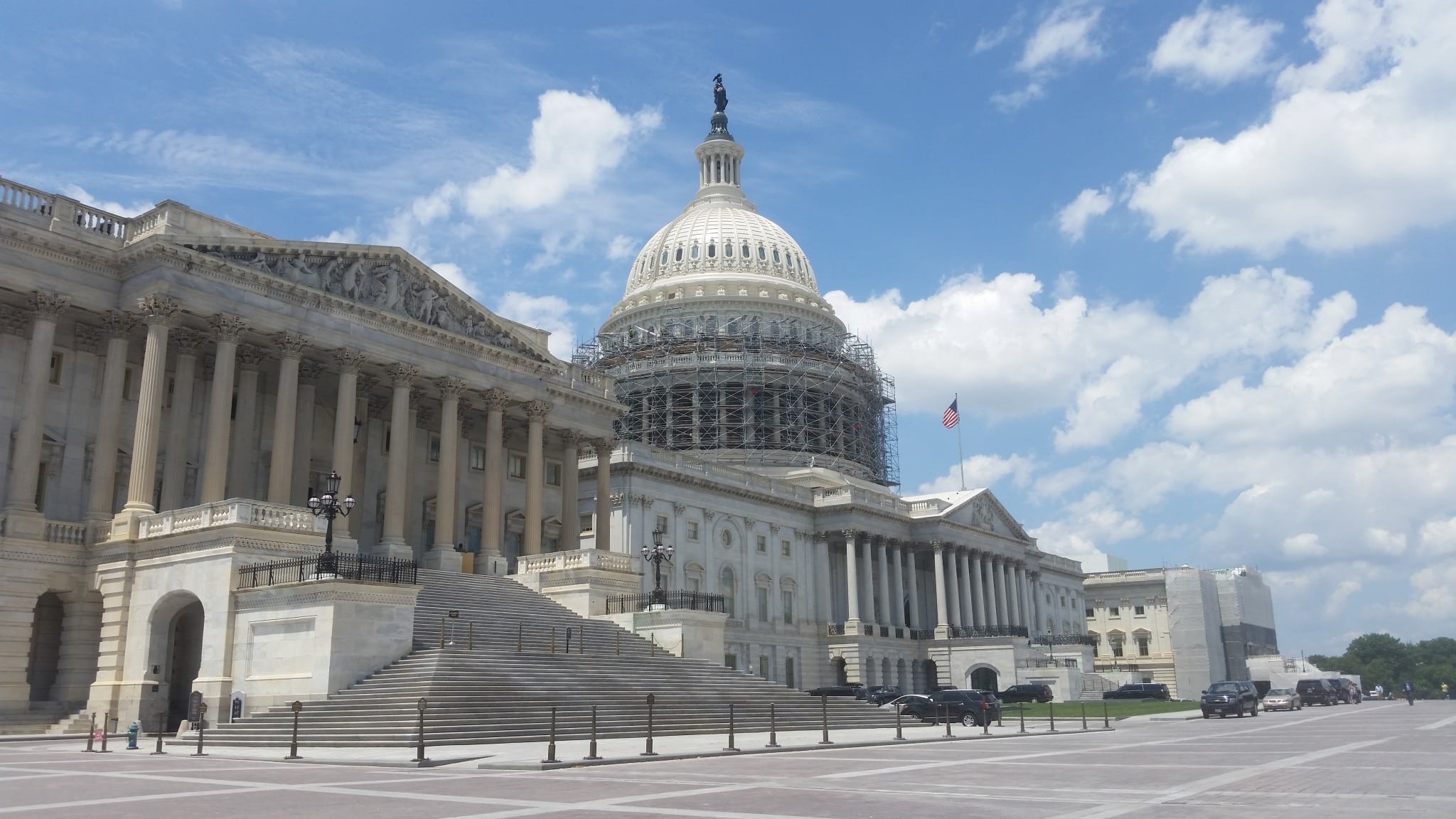
A provision in a fiscal 2017 House of Representatives spending bill prohibiting the Environmental Protection Agency from implementing its carbon emissions standards for new and existing coal-fired power plants survived a challenge by Democrats late Tuesday evening. An amendment sponsored by Rep. Scott Peters (D-Calif.) that would have struck the provision failed by a vote of 182-244.
The full EPA funding bill did not come to a vote Tuesday evening but is expected to be decided before the end of the week and the chamber’s dismissal for summer recess.
Under the provision, the EPA would not be allowed to use any of the funds made available by the Interior, Environment, and Related Agencies Appropriations Act to “propose, finalize, implement, or enforce any standard of performance under section 111(b) of the Clean Air Act … for any new fossil fuel-fired electricity utility generating unit if the Administrator of the Environmental Protection Agency’s determination that a technology is adequately demonstrated includes consideration of one or more facilities for which assistance is provided.”
This would apply to EPA’s current 111(b) New Source Performance Standards (NSPS), which essentially mandate the use of carbon capture and storage technology on all new-build coal-fired power plants. The EPA has determined that CCS is adequately demonstrated. However, all of the projects that EPA cites in its determination have received government assistance.
The provision also broadly bars the EPA from proposing, finalizing, implementing, or enforcing “any regulation or guidance under section 111(b) of the Clean Air Act … establishing any standard of performance for emissions of any greenhouse gas from any modified or reconstructed source that is a fossil fuel-fired electric utility generating unit.”
The EPA’s carbon emissions standards for existing coal-fired power plants is all also affected by the provision, though implementation of that rule is already on hold due to a Supreme Court-issued stay. The provision says the agency cannot “propose, finalize, implement, or enforce any regulation or guidance under section 111(d) of the Clean Air Act … that applies to the emission of any greenhouse gas by an existing source that is a fossil fuel-fired electric utility generating unit.”
The Clean Power Plan, if it survives legal challenge, will require states to develop action plans to meet federally set emissions reduction goals.
The House bill was reported out of committee in mid-June.
The legislation would provide $32.1 billion for the budget year beginning Oct. 1 for the Interior Department and its component offices, the Environmental Protection Agency, and separate organizations such as the Smithsonian Institution. That would be $64 million less than provided for the current fiscal year and $1 billion less than requested by the Obama administration.
Funding for the EPA would drop by $164 million, to $7.98 billion, which would be $291 million under the White House proposal. The agency’s regulatory programs funding would be cut by $43 million from current levels and by $187 million from the administration proposal.
Not surprisingly, the White House has threatened to veto the bill. A July 11 statement of administration policy says the bill underfunds the EPA. “These [funding] reductions would make it more difficult for States and businesses to plan and execute changes that would decrease carbon pollution and address the challenges facing the Nation from climate change,” the statement says.
The statement also specifically calls out the Clean Power Plan provision: “The Administration strongly objects to section 431 of the bill, which would block the Clean Power Plan as well as carbon pollution standards for power plants promulgated under section 111(b) of the Clean Air Act. Although the Clean Power Plan is currently stayed pending judicial review, this provision seeks to derail this critical component of the Administration’s efforts to combat climate change regardless of the outcome of judicial review. The Administration is confident the Clean Power Plan will be upheld when the courts address its merits because the Plan rests on strong scientific and legal foundations.”